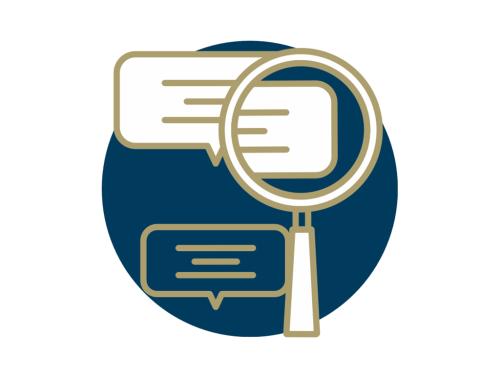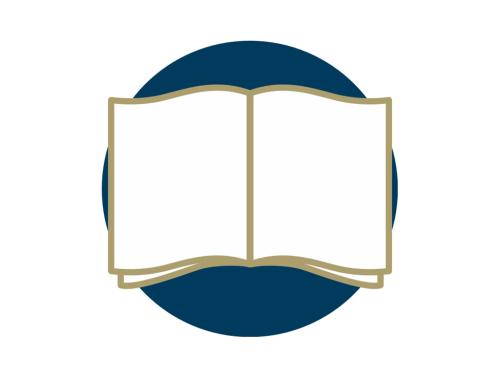Working paper examines how extreme political polarization in the U.S. contributes to degraded effectiveness at all three branches of the federal government.


The GW Regulatory Studies Center scholars regularly conduct applied research to understand regulatory policy and practice from a public interest perspective. Our content often takes the form of public interest comments, formal testimony, working papers, policy insights, and short commentaries analyzing the most pressing issues in regulatory policy. View the rest of our material by the different types of publications listed on this page or our research areas.

Long-form publications intended for academic audiences that take a deep dive into a particular aspect of regulatory policy.

Scholarly analysis of the potential effects of particular rulemakings from federal agencies, and advice to Congress on how to improve the rulemaking process.

Short-form publications intended for all audiences which provide easy to access analysis of regulatory policy.

Formal publications, often completed with other leading organizations and individuals, providing a thorough understanding of regulations and the rulemaking process.

The weekly Regulation Digest contains everything you need to know about regulatory policy today, and our monthly Center Update gives you all of the latest from our team.
For accessible charts and supporting data that you can use in your own publications or presentations, visit the Reg Stats page.
Working paper examines how extreme political polarization in the U.S. contributes to degraded effectiveness at all three branches of the federal government.
An examination of 1,000+ instances of notice and comment policymaking by government in China at the central, provincial, and municipal levels.
How do we measure success if we don’t know what we’re trying to accomplish? If we don’t know why we are spurred to action, how do we distinguish progress from h
Reorganization of Economists at the FCC
Key decisions of the FCC’s reorganization of its economists and lessons for managing specialists in a large and complex organization
A review of available literature on potential economic impacts of reducing regulatory compliance burdens on business.
Quantifying the Effects of Humane Society v. Department of Agriculture
This article uses data from two presidential transitions to quantify the number and types of public inspection documents that were withdrawn.
Avoiding Unduly Concentrated Clean Energy Markets
The IRS will need help to avoid unintended adverse effects in implementing the Inflation Reduction Act’s clean energy provisions.
What a Confirmation Hearing Might Reveal
Senate confirmation hearings represent an important check on presidential power: Know what to look for as the hearing unfolds.
Red Tape Literature in Public Administration
This Insight reviews an extensive public administration literature on the subject of “red tape.”
Agile Regulation for Auto Safety and Innovation
The automotive regulatory system designed decades ago offers an example of agile governance that can support both safety and innovation as technology evolves
